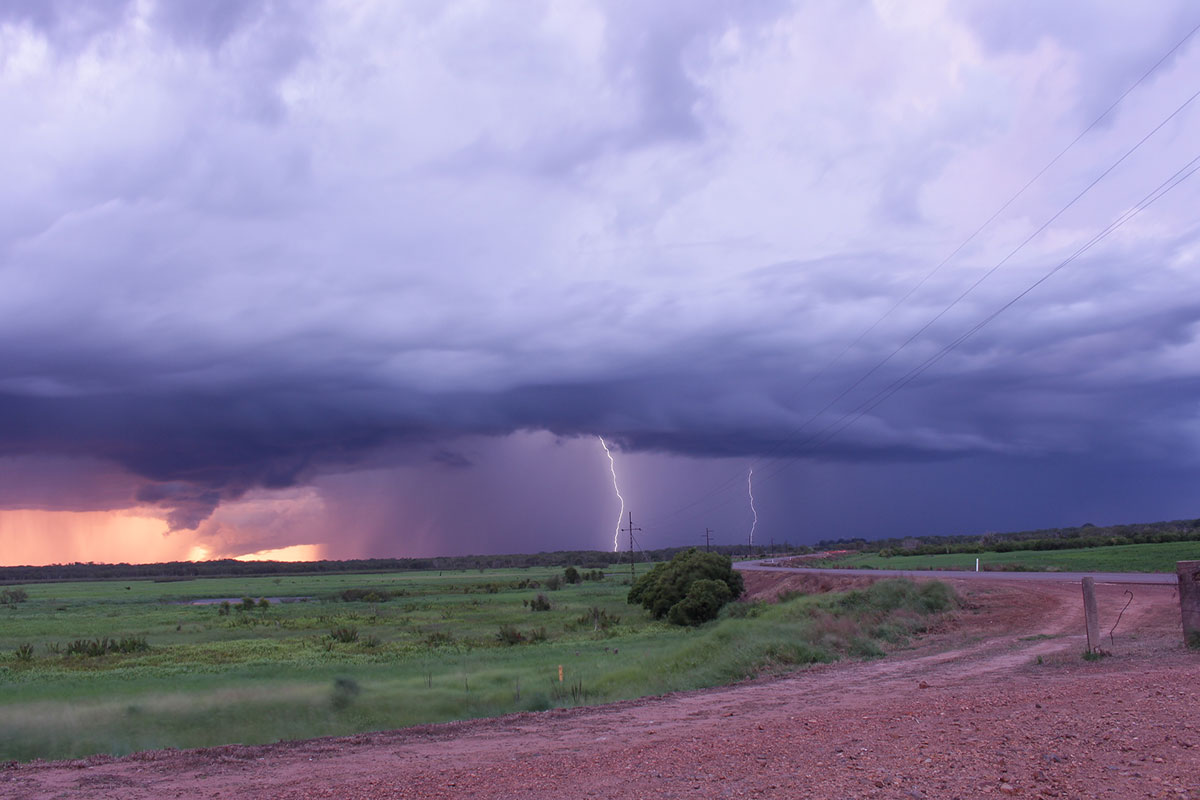Think you can’t hold down a job while travelling? It’s time to reconsider – here’s how you can work when you’re on the road and keep your business running from your caravan.
Get set to work
Whether you’re an absentee boss, freelance worker or plan to pick up jobs as you go, you’ll need to have some basics in place before you leave home.
- Tools of your trade: Make a list and pack everything you are going to need to do your job, right down to pencils and erasers.
- Technology: To be proactive while on the road, you’re going to need at least a smart phone, computer, modem and satellite dish. Ask your tech advisor about the minimum technology requirements you’ll need.
- Software: Install and start using applications you’ll need, such as video-conferencing and accounting.
The digital office
So long as you have access to the internet, most things you’d normally do in the office can still take place; it just requires more planning and efficiency.
- Banking: Most of us bank online anyway, so this is an easy one. Have bills sent to you by email or arrange to log into the supplier’s website and pay them online.
- Accounting: Subscribe to web-based accountancy software – such as Xero, Saasu, MYOB – so you can fire off invoices, keep an eye on the finances and reconcile bank accounts. Give your accountant access so she or he can prepare the BAS or file tax returns.
- Collaboration: Emails, calendars, documents and spreadsheets can be synced with clients and the office through apps such as Google Drive. Alternatively, Dropbox is a more efficient, cheaper way than attaching files to an email, and allows you to work on them while offline – but be careful to set it to manual download and updates so you can do all that when you’re on free Wi-Fi; otherwise it will chew through your bandwidth.
- Meetings: There’s no need to miss an important meeting with Skype, GoToMeeting and Google Hangouts all enabling conference calls. (Just make sure you have a business shirt for the occasion, in case it’s a video call!)
- Paperwork: If you have important or urgent documents that need to be signed and returned promptly, have someone scan and send them to you. You can then either print, sign, scan and send them back OR sign them with a digital signature. For anything else, most towns will have at least one business centre where you can use a printer, scanner or fax machine – it might be the library, council chambers, local newsagent or office supplies shop; you can probably even pay the caravan park office to let you use theirs.
- Mail: If you don’t have someone in the office dealing with your mail, sign up to a mail-forwarding business such as Pass the Post, Trail Mail, Post Haste Australia,SOS Mail, Aussie Mailman.For a fee (usually around $20 a month, plus postage), they will collect your mail, sort it and send you an email letting you know what’s there.
Best practice tips
You might technically be on holiday, but if you’re being paid to work it’s wise to adhere to some work principles.
- Be professional: In conversations and correspondence with staff or clients, maintain a professional attitude and efficiency, as if you were in the office.
- Keep a low profile: There’s no reason anyone need know where you are, unless you want to tell them.
- Deliver promptly: Whatever the job, make sure you deliver on time. It’s unfair to make your client wait another day simply because you felt like going caving or swimming – if they suspect you’re becoming unreliable, they’ll quickly go elsewhere.
- Invoice promptly: Make sure you generate invoices regularly and have them paid directly into a bank account you can access online.
- Keep it down: Invest in a good set of speaker headphones, so other people don’t have to listen to your meetings.
Freelance and casual work
Many workers can freelance from anywhere, without disruption to normal business.
If you’re new to freelancing, spend some time setting yourself up before hitting the road. Establish your clientele, your reputation and a routine that you can stick to while travelling and the world is yours – though as any seasoned freelancer will tell you, it’s a good idea to put some of your earnings into a ‘rainy day’ account for when the money’s not flowing in.
If the work you’re after is casual jobs along the way, there’s usually plenty to do. Look for temp work or try your hand at fruit picking, bar tending, house-sitting. You could even set up as hairdresser/barber for your fellow campers.
When caravanning around Australia for an extended period of time, it’s handy to be able to work on the road. As long as you keep it professional, there’s no reason to let travel plans hold you back.
There’s no need to be offline for long, no matter where you are: here are some tips for staying connected.





